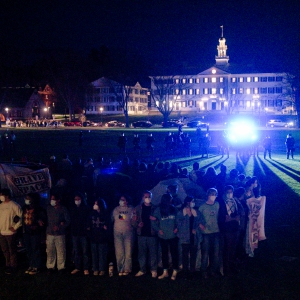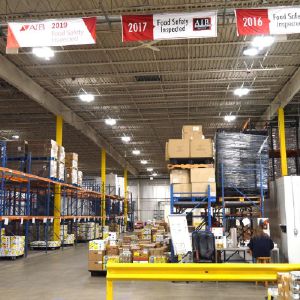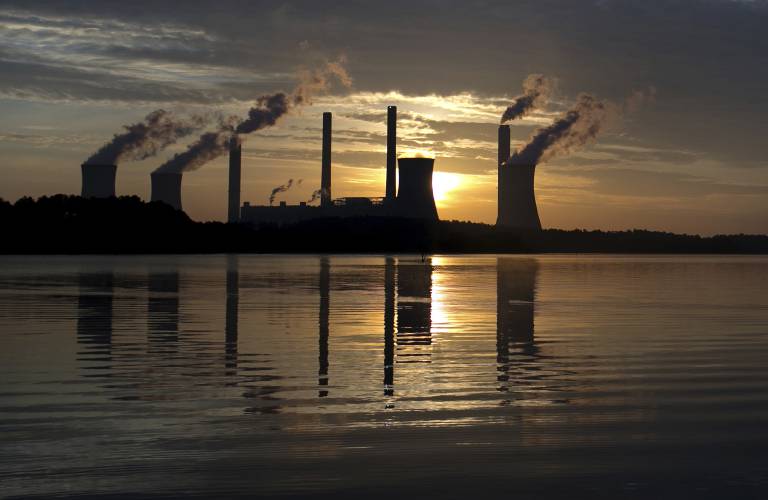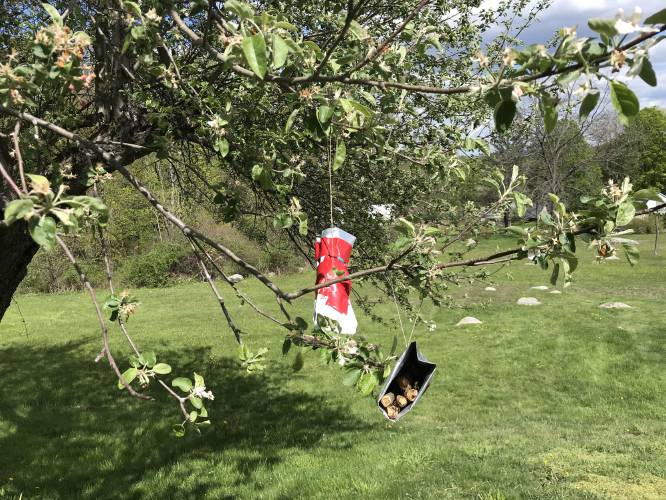Opinion: NH youth’s effort for a more robust climate curriculum
| Published: 04-24-2024 4:23 PM |
Elisabeth Bialosky, Youth Campaign Organizer/350NH. Rep. Wendy Thomas, Town of Merrimack.
The kids are angry. And they have every right to be.
Last summer students and youth advocates concerned about climate change had an idea: “Could we work on a bill that would create a more robust climate change curriculum in New Hampshire?”
It was a good idea.
Instead of a bill, however, we decided to start the conversation by creating a House Resolution that asked our Department of Education to consider making the current climate change curriculum in public schools more robust by adding additional topics like: the historical background of fossil fuel’s contribution to climate change; social implications of climate change including health and economic impacts and the impact on social discourse; information about direct solutions to climate change and our role in those solutions; ways that students can make changes in their schools; and jobs that will be opening up in the renewable energy and climate change fields.
The process of creating this House Resolution has allowed youth advocates to speak up about climate change in front of policymakers. And the students have embraced this opportunity. They attended Board of Education meetings and have given presentations on why it is so important to update the climate change curriculum.
These youth advocates have written letters to the editor, prepared both written and verbal testimony, and planned rallies to get the word out.
Sadly the House Resolution was voted down without even having a debate on the New Hampshire House floor. There are still people who feel more comfortable keeping their heads in the sand.
Article continues after...
Yesterday's Most Read Articles
 Update: Reactions for, against the more than 100 arrested at Dartmouth, UNH
Update: Reactions for, against the more than 100 arrested at Dartmouth, UNH
 Franklin police arrest man after accidental shooting Wednesday
Franklin police arrest man after accidental shooting Wednesday
 Opinion: New Hampshire, it’s time to acknowledge the stories of suffering
Opinion: New Hampshire, it’s time to acknowledge the stories of suffering
 Baseball: Merrimack Valley now 6-1 following wild game at Pembroke Academy
Baseball: Merrimack Valley now 6-1 following wild game at Pembroke Academy
 Food insecurity on the rise in N.H.
Food insecurity on the rise in N.H.
 Concord High graduate leads Pro-Palestine protests at Brown Univeristy
Concord High graduate leads Pro-Palestine protests at Brown Univeristy
But the kids have a plan, they will not be silenced. Nor should they be.
Climate change is a major life-threatening event that will only worsen unless we take drastic action. This past winter was the warmest on record, it will also most likely be the coldest winter we will have seen going forward. The kids get it.
You may have heard about “climate anxiety” and how we shouldn’t talk about climate change because it will make students unnecessarily anxious. Absolute hogwash. If you aren’t concerned about climate change then you aren’t paying attention. It’s as simple as that.
One of the key misconceptions about climate anxiety is that it’s purely coming from reactions to the media. In reality, most of the climate anxiety youth are experiencing is because of what they can see and feel outside. They’ve watched winters in New Hampshire become virtually snow-less and lose out on ski seasons. They’ve felt summers that fluctuate from extreme heat and unprecedented rainfalls and flooding in their towns. They’ve seen shifts and scarcity in New Hampshire crop staples such as blueberries and maples because of the way climate change has impacted the growing seasons. Youth are using their voices to fight for climate literacy in New Hampshire because they care about bettering our state and making it a viable option to live in their futures.
Sadly many older people have been convinced that inaction is better than action. It seems we are willing to literally watch Rome burn from our reclining chairs. It’s a sickening approach that will end up harming us all. It’s an approach that will not help our dying ski and winter sports industry. If there is no snow and warm winters, there will be no people coming to New Hampshire for winter sports. If we continue to have rainy summers, there will be no hikers and outdoor enthusiasts.
Without tourists, we will lose jobs. Without jobs, businesses will fail. When there are not enough business opportunities and young people leave our state. In droves.
The kids see this. They want change, they want to be heard, and they want everyone to take action as soon as possible to try to contain the damage of climate change.
So, as all parents know, how do you empower anyone who is anxious and has concerns about a big problem? You give them a voice. You give them a seat at the table. You give them tasks and jobs that will help. You listen to their ideas. And you give them hope.
That is exactly what this House Resolution did. It provided hope in the form of education suggestions.
The students and youth advocates of New Hampshire are loud and clear when it comes to climate change education. They are advocating for additional topics to be added to the current climate change curriculum like our role in climate change, what we can do to affect change, and job opportunities that will be created due to a changing climate.
Through this effort we were able to hear their voices and give them a seat at the table as we continue ongoing conversations about how climate change will impact our state and their future.
The kids are angry and that’s good, in fact, it’s great. Their anger and persistence are just what we need to make the positive changes that are so desperately needed to protect us all.
Access to climate education should be something every New Hampshire high schooler has the ability to pursue. A robust climate literacy program has the power not only to reduce local carbon emissions, but also introduce youth to an understanding of ecological science and care and expand the green job industry. Climate literacy helps our students’ minds, the environment, and the economy to flourish in New Hampshire.
A more robust climate change education is what we need in New Hampshire to prepare our youth for the changes that are inevitably coming.




 Opinion: It all started at Columbia
Opinion: It all started at Columbia Opinion: Students resist: Berkeley to Gaza, Columbia to Jenin, UNH to Rafah
Opinion: Students resist: Berkeley to Gaza, Columbia to Jenin, UNH to Rafah Opinion: A digital equity plan for Granite Staters
Opinion: A digital equity plan for Granite Staters
